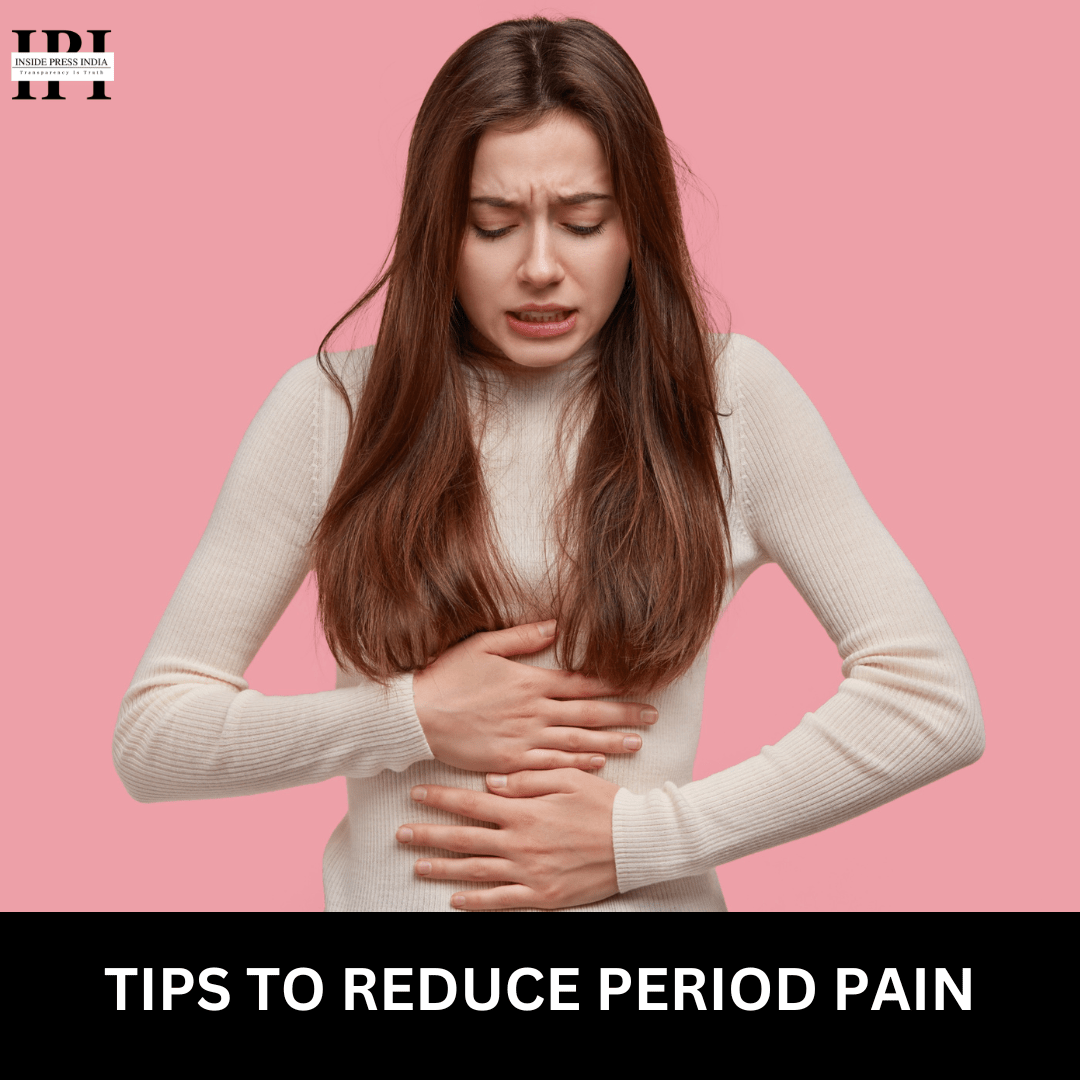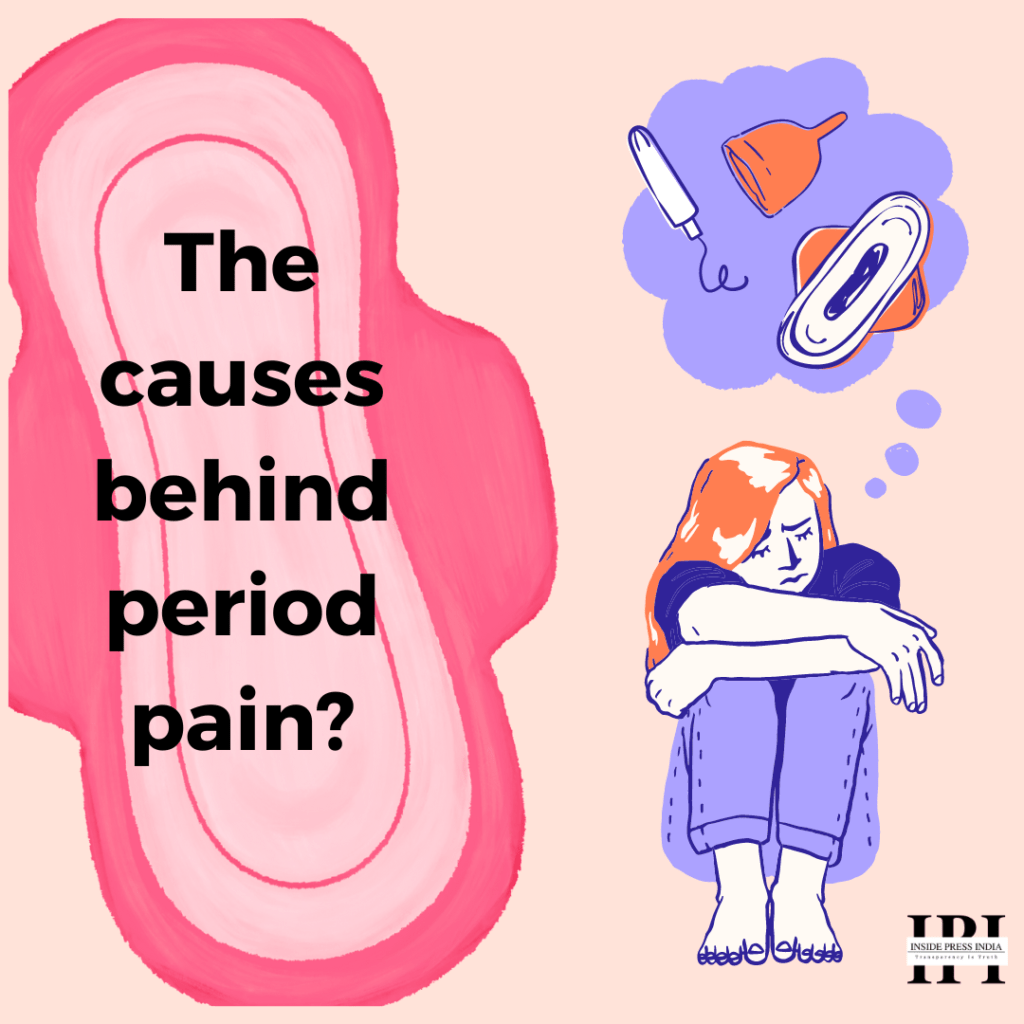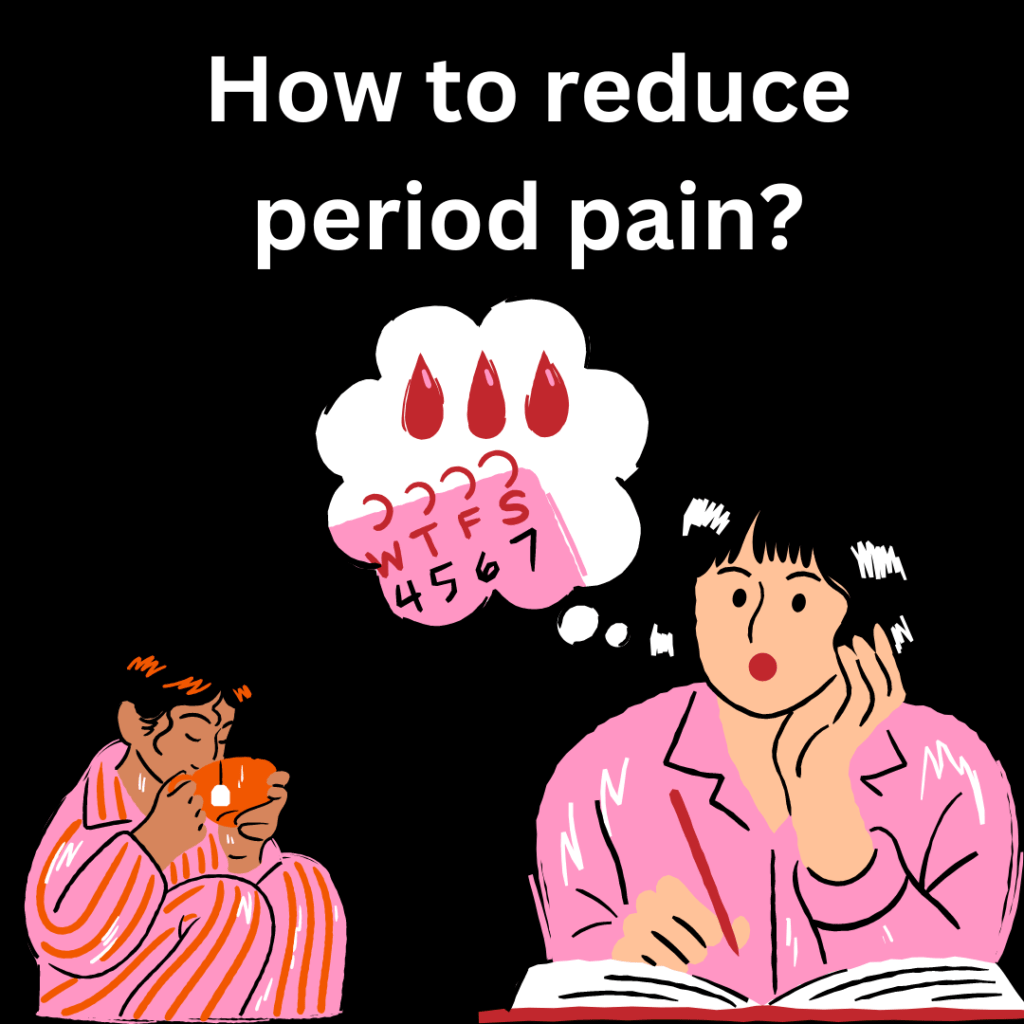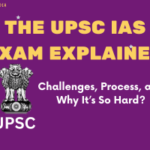
Menstrual Cramps
Menstrual Cramps
To every girl out there, what are some of the worst days of your month? They surely are when you menstruate! Believe me, those are the days we despise the most. Period pain mostly varies from person to person; some women do not feel the pain at all and others just can’t bear the pain. It is caused by the womb wall contracting more vigorously to assist the shedding of the womb lining as part of your menstruation. Period pain is fairly common: most girls and women experience pain of varied intensity at some point throughout their period.
For first three days of periods, ten out of every hundred women have pain so severe that they are unable to carry out their typical daily responsibilities. The discomfort is frequently severe in women under the age of 20. So, to make this period pain minimal, let us discuss some period pain relief tips, period pain tablets etc. We will also look upon what menstruation actually is and the causes of its pain.
Menstruation: The term everyone should be aware of?
Menstruation, often known as having your period, occurs when blood and tissue from your uterus pass through your vagina. It generally happens once a month. Every month, your menstrual cycle helps your body prepare for pregnancy. If you are not pregnant, it will also cause you to have a period. Hormones like estrogen and progesterone regulate your menstrual cycle and period.

The causes behind period pain?
Period pain can be caused by a variety of factors, and if you get painful periods on a regular basis, it’s normal to question why. Perhaps you are the only lady in your family who suffers from severe cramping.
Whatever your circumstances are, a doctor can help you understand why you experience unpleasant cramps every month. The following are some of the most common reasons for painful periods:
1)PMS (Premenstrual Syndrome)-90% of menstruation women suffer from PMS, often known as Premenstrual Syndrome. PMS begins a few days before your period and lasts until the first or second day of menstruation. Doctors believe PMS is caused by a drop in estrogen and progesterone levels before the start of each cycle. PMS is characterized by a variety of symptoms, including exhaustion, irritability, and menstrual cramps.
2)PID (Pelvic Inflammatory Disease)- This occurs when the uterus and ovaries get infected (PID). In most cases, the illness originates when bacteria from a sexually transmitted infection (STI) enters the reproductive organs. PID can also occur as a result of a surgical procedure. While many women have no symptoms of PID, it can produce unpleasant cramping in certain people.
3) Adenomyosis– This is a curable disorder in which the endometrium develops into the muscular wall of the uterus. The endometrium can affect the entire uterus muscle, although it usually just affects one area. Adenomyosis is a treatable illness, however it can produce severe cramps. Doctors aren’t sure what causes adenomyosis, but women who have had children or had uterus surgery are at a higher risk of acquiring it.
Many women experience breast pain before their periods begin. The aches are produced by a drop in the hormone’s estrogen and progesterone, which regulate a woman’s menstrual cycle. These aches become less frequent for some girls as they become older.
However, this may not be the case for all of us. Some women experience breast discomfort for the duration of their periods, which is entirely normal. So, the next time you feel something similar, don’t be concerned. However, if the discomfort becomes unbearable, you should see a doctor.
How to reduce period pain?

1) Consume your vitamins and minerals-
Eating a balanced diet may also help relieve period pain, since some vitamins and minerals have been shown to help minimize cramps. Some research indicates that vitamin B1, often known as thiamin, and magnesium may help alleviate period pains.
These are two vitamins and minerals that most adults get plenty of from a balanced diet. Vitamin B1 and magnesium-rich foods include: Seeds and nuts, complete grains, Beans, lentils, and chickpeas are examples of legumes. Spinach, Cauliflowers, Kale, Avocado, Oranges may help too.
2) Exercise to release endorphins and relax muscles-
Exercise may be the last thing on your mind if you are in pain. Even modest exercise, on the other hand, releases endorphins, which make you joyful, relieve pain, and relax your muscles. It may only take fifteen minutes of yoga, light stretching, or walking to feel the physical and mental advantages of exercise. And, if exercise is already a part of your routine, tracking your period will allow you to improve your athletic performance.
Some of the exercises which you can do to avoid period pain are as follows-
- Stretch your low back and glutes: This motion can help relieve some of the muscle stiffness caused by period cramping and bloating. You’ll be opening up the outer hips, ribs, abdominals, and back here.
- Backward arm rotation: Bloating, abdominal cramping, or pain can cause ribs and abdominals to feel confined. This movement allows blood flow to improve and symptoms to be relieved.
- Kneeling abdominal twist: Hip and pelvic opening stretches can feel amazing when you have tightness and fullness in this area, which can happen if you have excessive bleeding, cramping, or PMS.
- Glute bridge: Bridging places your body in a roughly inverted position. This can help to move blood away from the pelvic and lower abdomen, where we sense pressure and fullness. It unweights the pelvic floor and can help relieve cramps and irritation in the area.
3) Take actions to alleviate stress-
Stress, worry, and depression are frequent period symptoms, and they affect our bodies both psychologically and physically, exacerbating monthly pain. Because stress is known to aggravate period pain, eliminating it can also help you find relief. While it is tough to de-stress, making simple lifestyle modifications such as exercise, yoga, meditation, and counseling might help you feel better. These activities will help to release happy hormones, which will enhance blood circulation and so reduce cramps.
4) Apply heat by taking a hot bath or shower-
Heat is a natural and effective pain reliever. As a result, the heat patch can be worn for 8 hours and gives immediate comfort. The patch’s portable and unobtrusive design allows you to put it beneath your clothes to ease period pain. As previously said, applying heat to the abdomen can be extremely beneficial in relieving menstruation pain. A long hot bath or shower can also assist to relieve pain. Other heat sources, such as a heat pad or a warm water bottle, can also aid with cramp relief.
5) Attain orgasm-
Menstrual cramps may be relieved by having an orgasm. The uterus contracts but then relaxes during orgasm. This may assist to reduce the severity of menstrual contractions. An orgasm like exercise, releases endorphins and other hormones that reduce pain and help a person feel good.
6) Essential Oil Massage for Pain Relief-
Menstrual cramps can be relieved by massaging your skin with particular aromatic essential oils. In one study, researchers instructed 48 women suffering from menstrual cramps and other symptoms to massage essential oils or a synthetic aroma into their lower abdomen between periods. Both groups of women reported reduced discomfort, but the essential oils group performed better.
Based on the women’s reports, researchers discovered that self-massaging with essential oils reduced discomfort duration by about half a day. Lavender essential oil, clary sage essential oil, and marjoram essential oil are among the oils regarded to be beneficial. Just make sure to use essential oils responsibly. Purchase high-quality oils that have been tested for purity.
7) To minimize bloating, drink more water-
Bloating can be uncomfortable and aggravate period cramps. While it may appear contradictory, drinking water during your period can help lessen bloating and pain. Drinking hot water can also improve blood circulation and calm your muscles. This can help to alleviate cramping caused by uterine contractions.
8) Take some pain reliever-
Pain relievers are probably quite evident on the list of remedies because period cramps are terrible. But, when it comes to cramp relief, are all pain relievers created equal? “Pain medications work in a variety of ways. NSAIDs (nonsteroidal anti-inflammatory drugs) are likely to be the most effective for period pain because they can reduce prostaglandins, which are hormones that stimulate contractions and cause menstrual cramps ” Although acetaminophen (Tylenol) may assist to alleviate discomfort, it does not treat any of the inflammation that may be contributing to the severity of your period cramps. Before using pain relievers, consult a doctor first.
9) Take a sip of ginger or cinnamon tea-
Going natural to relieve that discomfort is fantastic. Drinking a cup of cinnamon or ginger tea, or both, will help you combat severe cramps during your period. Ginger tea has been discovered to be an anti-inflammatory agent that relieves pain. Cinnamon tea also has antispasmodic qualities, which can help to lessen the likelihood of menstrual pain. A cup of these teas is quite beneficial, working in a variety of ways.
10) Acupuncture may be beneficial by relaxing the nervous system-
Acupuncture is an ancient Asian medicinal treatment that is considered to relax the nervous system, allow more blood to circulate to internal organs, and reduce inflammation. Acupuncture was compared to no treatment, conventional treatment (such as anti-inflammatory medicines), or a sham acupuncture procedure in each study. Many research indicated that the acupuncture group experienced less period discomfort and had no negative effects.
11) Avoid caffeine and salty foods-
Excess salt consumption increases water retention, which leads to bloating during your period. In fact, spicy foods can upset your stomach and induce acid reflux. Additionally, avoid liquids like coffee and energy drinks, which can cause headaches and constipation. It might also induce stomach issues.
How can TENS units be useful in your period?
Transcutaneous electrical nerve stimulation (TENS) is a pain management technique that employs a low-voltage electrical current. A TENS unit is a tiny device that provides electrical current through electrodes placed on the skin’s surface at or near the nerves that cause pain. The electrodes are adhered to the skin using gel pads.
TENS therapy is supposed to alleviate pain by preventing pain impulses from reaching the brain. We can’t guarantee that it will completely cease your cramps/pain, however some people have found it to be extremely beneficial in managing and minimizing period pain. Thus, if you’ve exhausted all other pain management options and are willing to try this drug-free alternative, you can surely give it a try.
Know more about TENS here
(Written By – Ms. SAKSHI MATHUR)
How to keep your eyes healthy- Read our full article. CLICK HERE
Subscribe INSIDE PRESS INDIA for more
Subscribe To Our Newsletter

Menstrual CrampsMenstrual CrampsMenstrual CrampsMenstrual CrampsMenstrual CrampsMenstrual CrampsMenstrual CrampsMenstrual CrampsMenstrual CrampsMenstrual CrampsMenstrual CrampsMenstrual CrampsMenstrual CrampsMenstrual CrampsMenstrual CrampsMenstrual CrampsMenstrual CrampsMenstrual CrampsMenstrual Cramps







